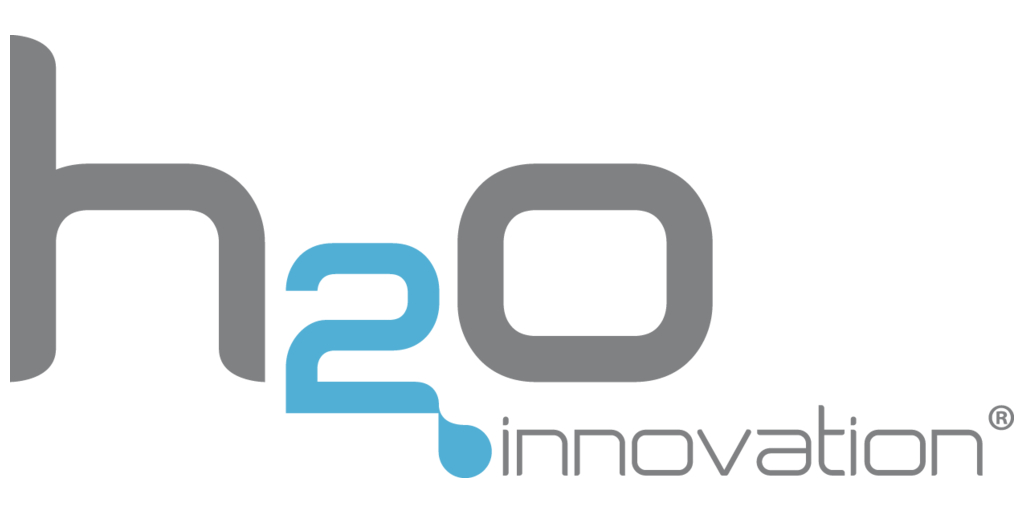Teck Resources (TSX: TECK.A, TECK.B) (NYSE: TECK), Canada’s largest diversified miner, has revised down copper production targets for the year after its Quebrada Blanca 2 open-pit mine in northern Chile didn’t meet expected output figures.
QB2, as the new area of the mine is known, began production two years after planned in March, due to weather and covid-19 construction disruptions. In the process, the key growth project saw costs balloon.
The Vancouver-based miner lowered its guidance for QB2 to between 80,000 and 100,000 tonnes for 2023, but continues to expect reaching full production rates by the end of this year.
QB2 is the first step in Teck’s plan to grow its copper footprint and implies extending the aging deposit’s life by 28 years.
The next phase of development of QB will be the Quebrada Blanca and mill expansion (QBME). The QBME feasibility study, including all environmental baseline activities, is expected to be completed before year-end.
In terms of overall copper production for the year, the company now expects to churn out between 330,000 and 375,000 tonnes, down from a previous estimation of 390,000 to 445,000 tonnes.
Teck noted its 2024 to 2026 guidance of 545,000 to 640 000 tonnes of copper remained unchanged.
It also reiterated its forecast for steelmaking coal output of 24 million to 26 million tons in 2023, and a similar annual range from 2024 to 2026.
Teck reported lower lead production at its Red Dog operation, one of the world’s largest zinc mines, located north of the Arctic Circle in Alaska.
Lead output at the mine is now expected to be between 95,000 and 110,000 tonnes, compared to a previously targeted 110,000 to 125,000 tonnes.
Teck said it completed the first shipment and sale of copper concentrate at Quebrada Blanca 2 in the second quarter, and it continues to expect to be operating at full production rates by the end of 2023.
Due to delays in construction and commissioning, its 2023 production guidance for QB2 was adjusted to 80,000 to 100,000 ton but its prior annual guidance for 2024 to 2026 is unchanged.
“We continue to explore a range of options to realize the full potential of our world-class base metals business and to progress our overall copper growth pipeline, including receiving regulatory approval for our Zafranal project, in May,” chief executive Jonathan Proce said in the statement.
Zafranal, in Peru, has an expected mine life of 19 years and will produce copper-gold concentrates through an open-pit mining and conventional concentration process. The mine and concentrator are expected to produce an average of 133,000 tonnes of copper contained in concentrate during its first five years of production.
THIS STORY FIRST APPEARED ON MINING.COM.



